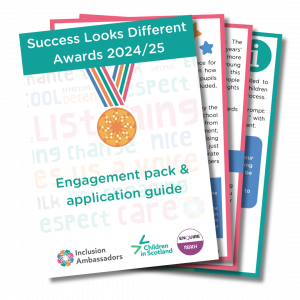
Success Looks Different Awards
The 2024-25 Success Looks Different Award winners have been chosen!
We are thrilled to announce that our winners are:
- Early Years – ELU Hamilton
- Primary School – Buchanhaven Primary School
- Secondary School – Duncanrig Secondary School
- Special School – Parkhill Secondary School

Spotlight on this year's winners

Early Years Winner
ELU Hamilton, South Lanarkshire
The Inclusion Ambassadors were particularly impressed with ELU Hamilton’s achievement tree. They noted how it offers a focal point for displaying daily celebrations and recognising children’s achievements from both nursey and home. The group also loved the sound of the edible yard, where children can grow, use and share their own produce with the wider community.
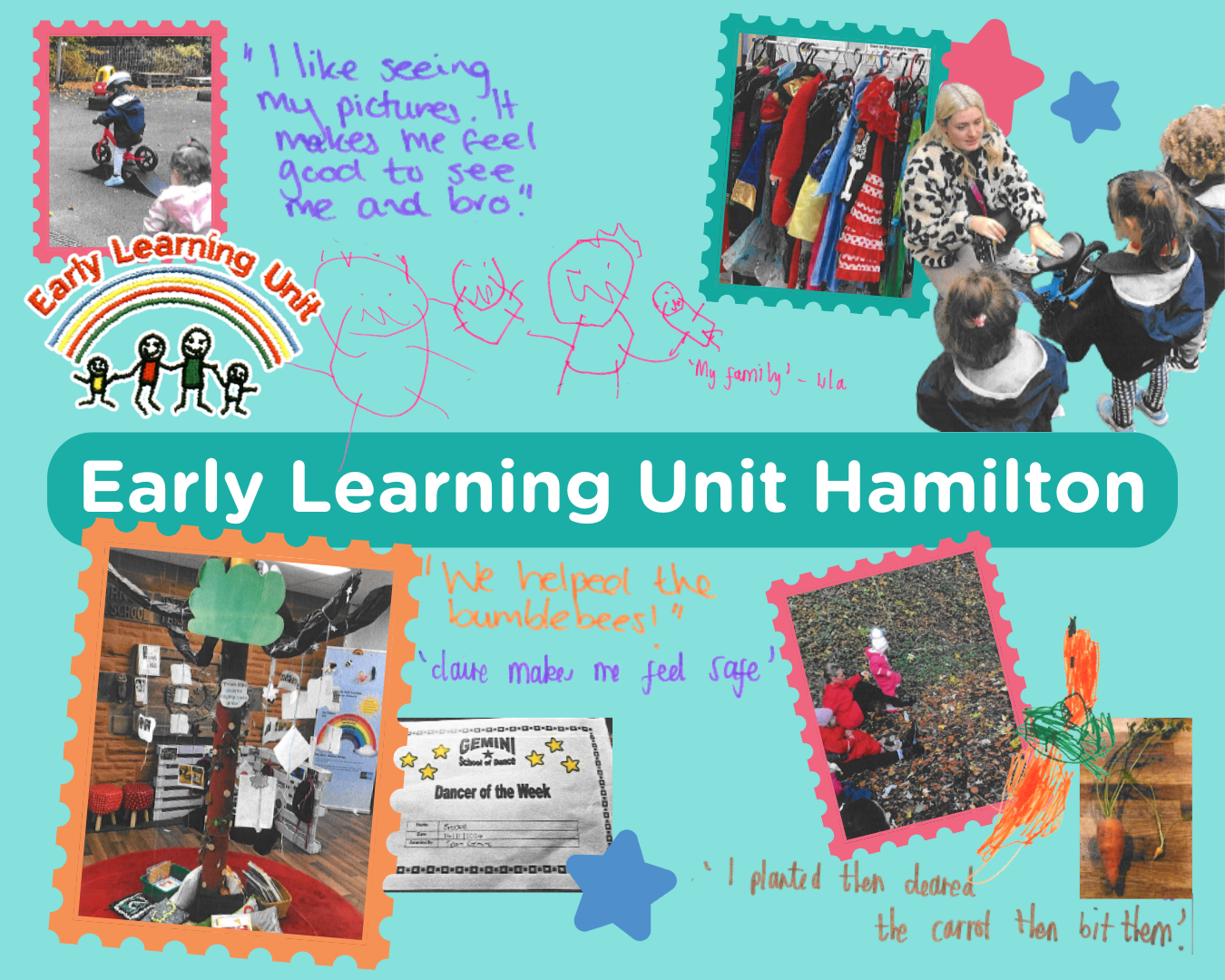
Primary School Winner
Buchanhaven Primary School, Aberdeenshire
The Inclusion Ambassadors chose Buchanhaven Primary School as winners of the Primary School category due to the positive language and quotes included in their application. The group also highlighted the broad range of achievements that the school recognise, their strong community links and the Thrive Hive, where children engage in a range of new experiences.
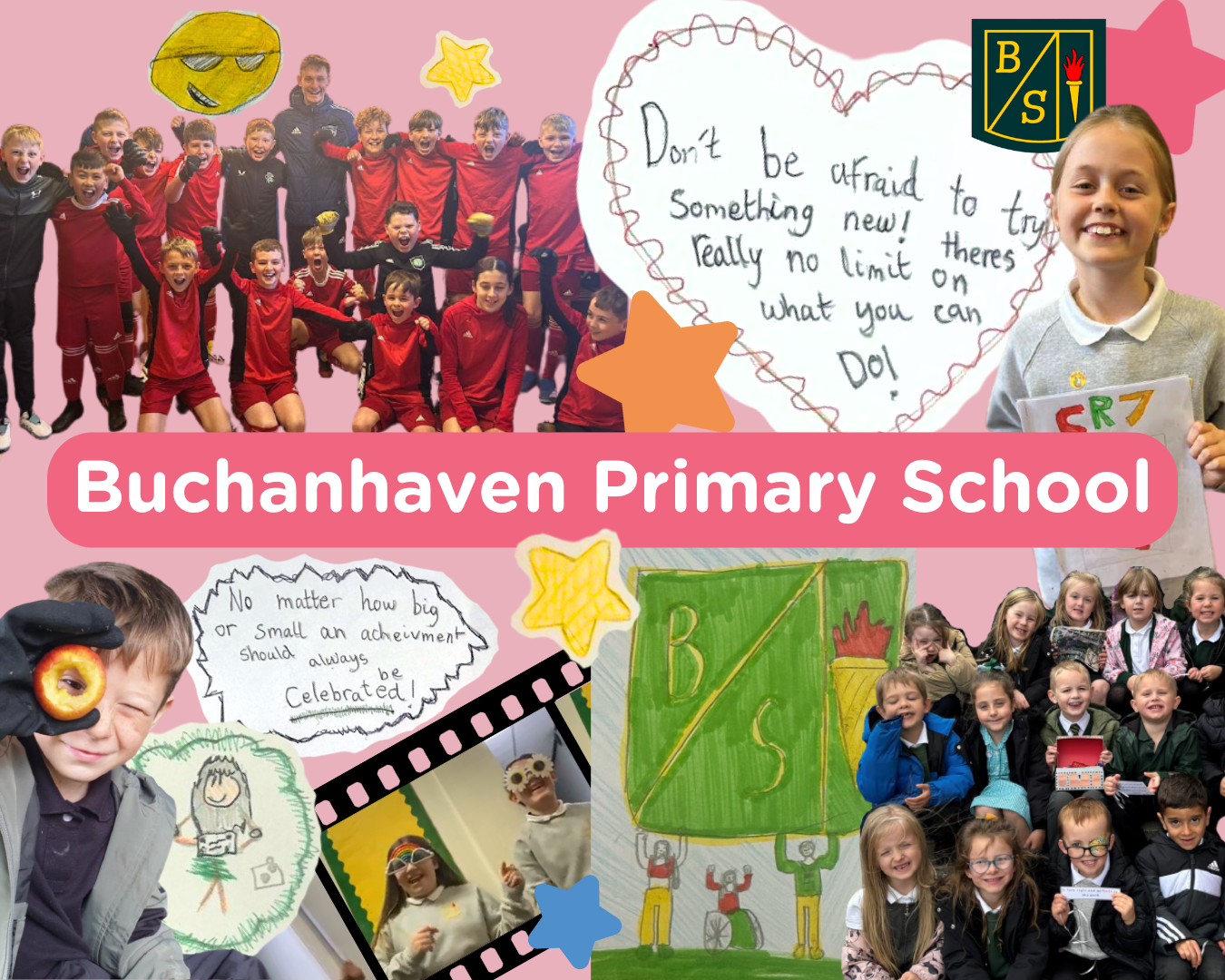
Secondary School Winner
Duncanrig Secondary School, South Lanarkshire
The Inclusion Ambassadors were particularly impressed with how strongly pupils' voices came through in Duncanrig Support Base’s application. They were also inspired by the vibrancy and detail on display in the school wall displays that share pupils' achievements, testimonials, experiences and other creative pieces.
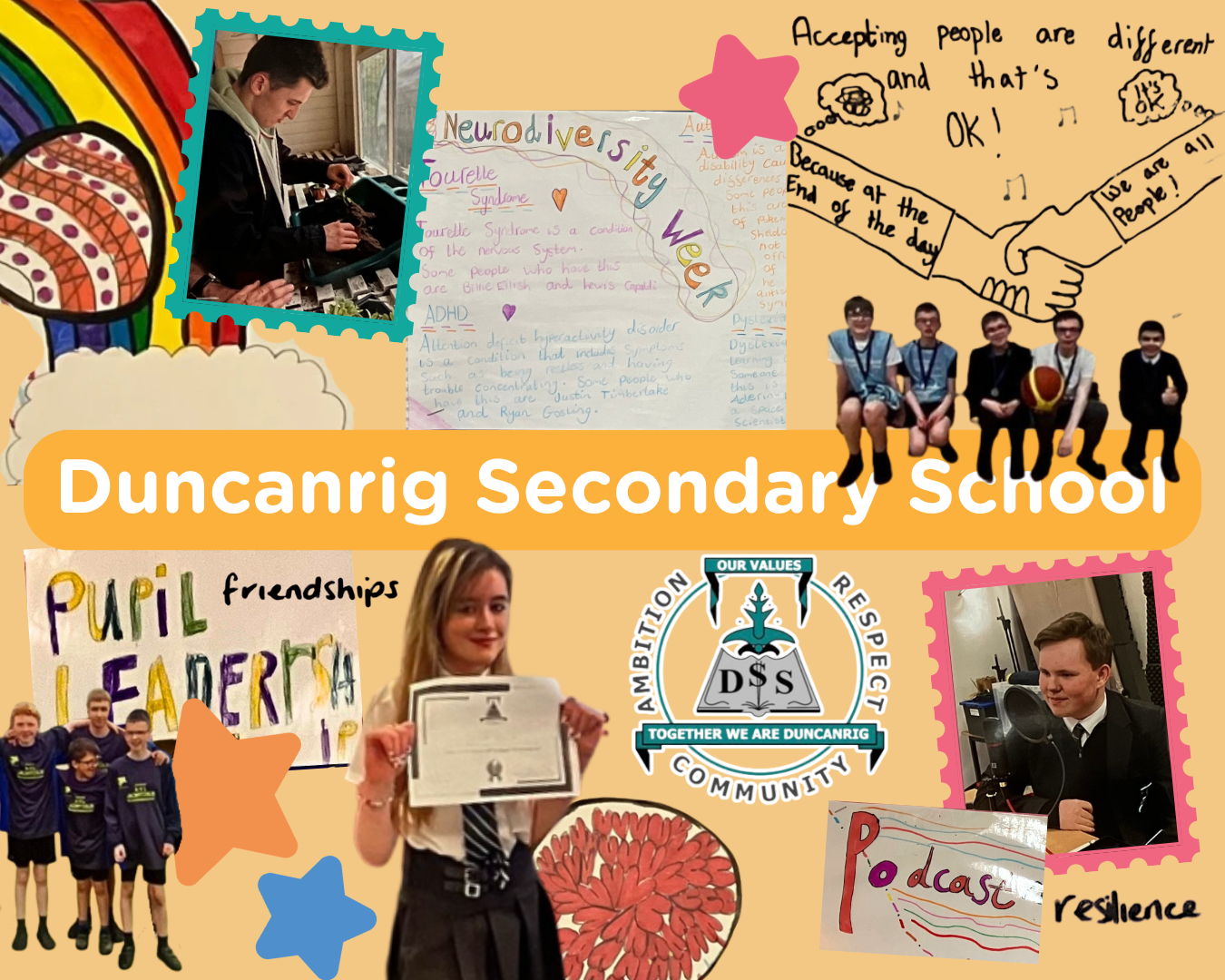
Special School Winner
Parkhill Secondary School, Glasgow
Parkhill School was crowned winner of the Special Schools category, with the Inclusion Ambassadors particularly impressed with the straightforward approach of their application and how they mapped out things they were doing across the school building. The group also liked that the Parkhill shared things they loved about their own school and how much of what they do is about making pupils 'feel good'.
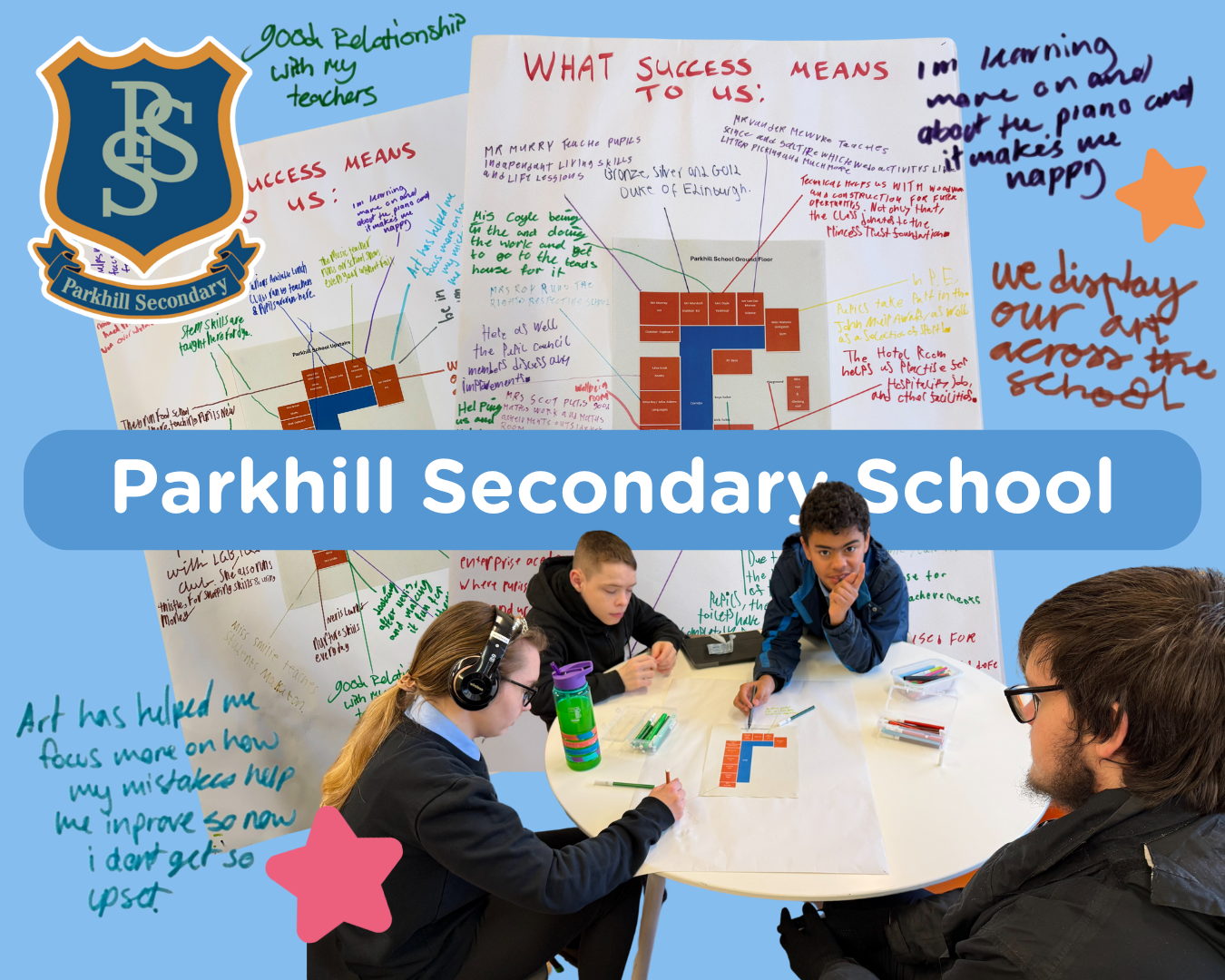

Thank you for celebrating all kinds of success
We are so grateful to all of the schools and nurseries who took part in this year’s Success Looks Different awards! We were blown away by the creativity and enthusiasm across the entries. It’s clear that across Scotland, schools and nurseries are working hard to ensure that all their pupils feel celebrated, supported, and included.
If you have any questions relating to the Success Looks Different Awards please contact us at: successlooksdifferent@childreninscotland.org.uk

Read our news article
Success Looks Different: Celebrating Inclusive Education in Scotland
Click to read
Classroom resources
All the practical resources from the Inclusion Ambassadors in one place
Click to view
International praise
News: The Inclusion Ambassadors have been recognised in an international study
Click here to read
Success Looks Different 2023
Take a look back at Year 2 of the Success Looks Different Awards.
Click here to find out more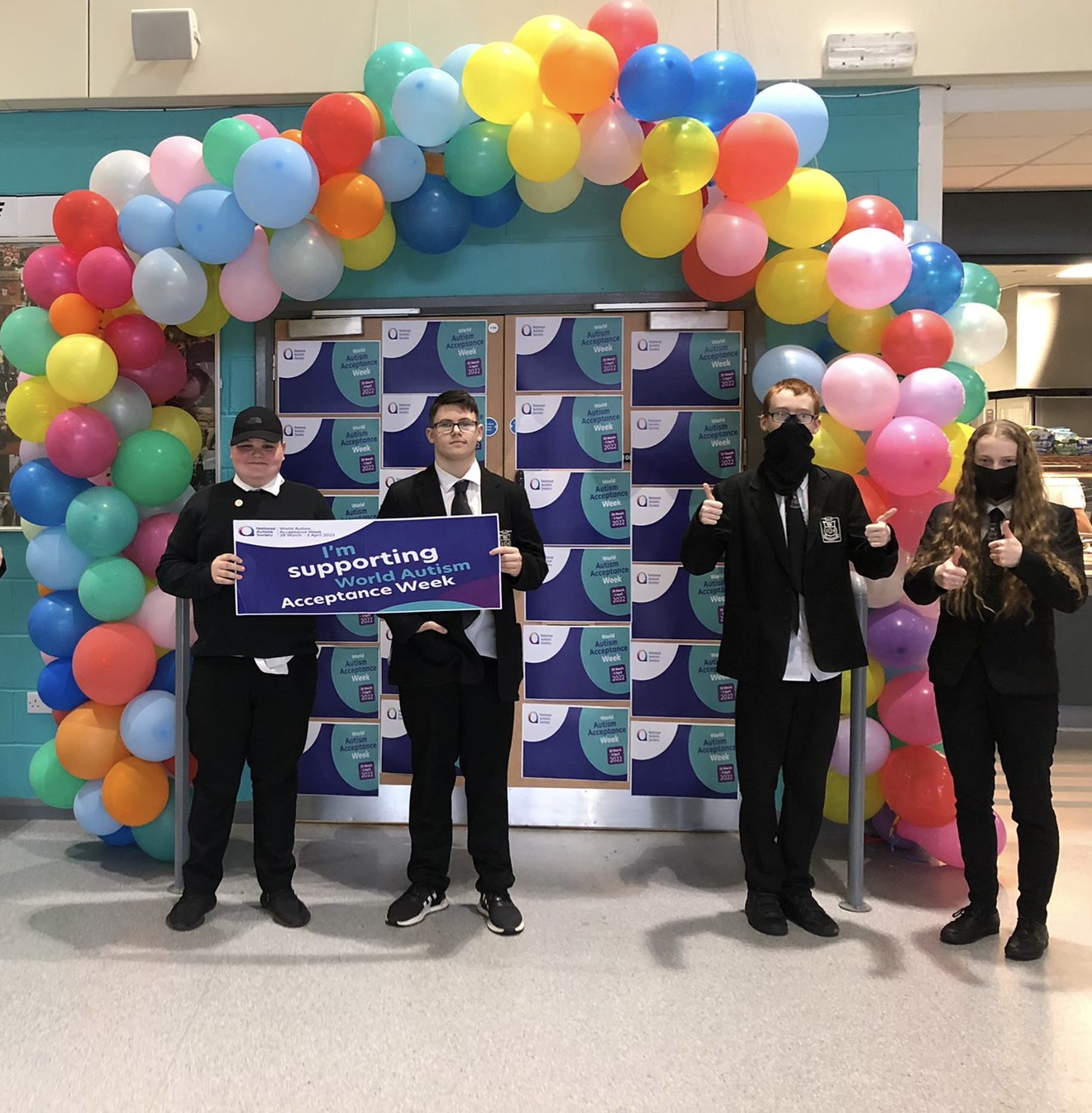
Key principles for inclusive practice
Comment: 2022 winners Alva Academy reflect on their approach in Tes Scotland
Click here to read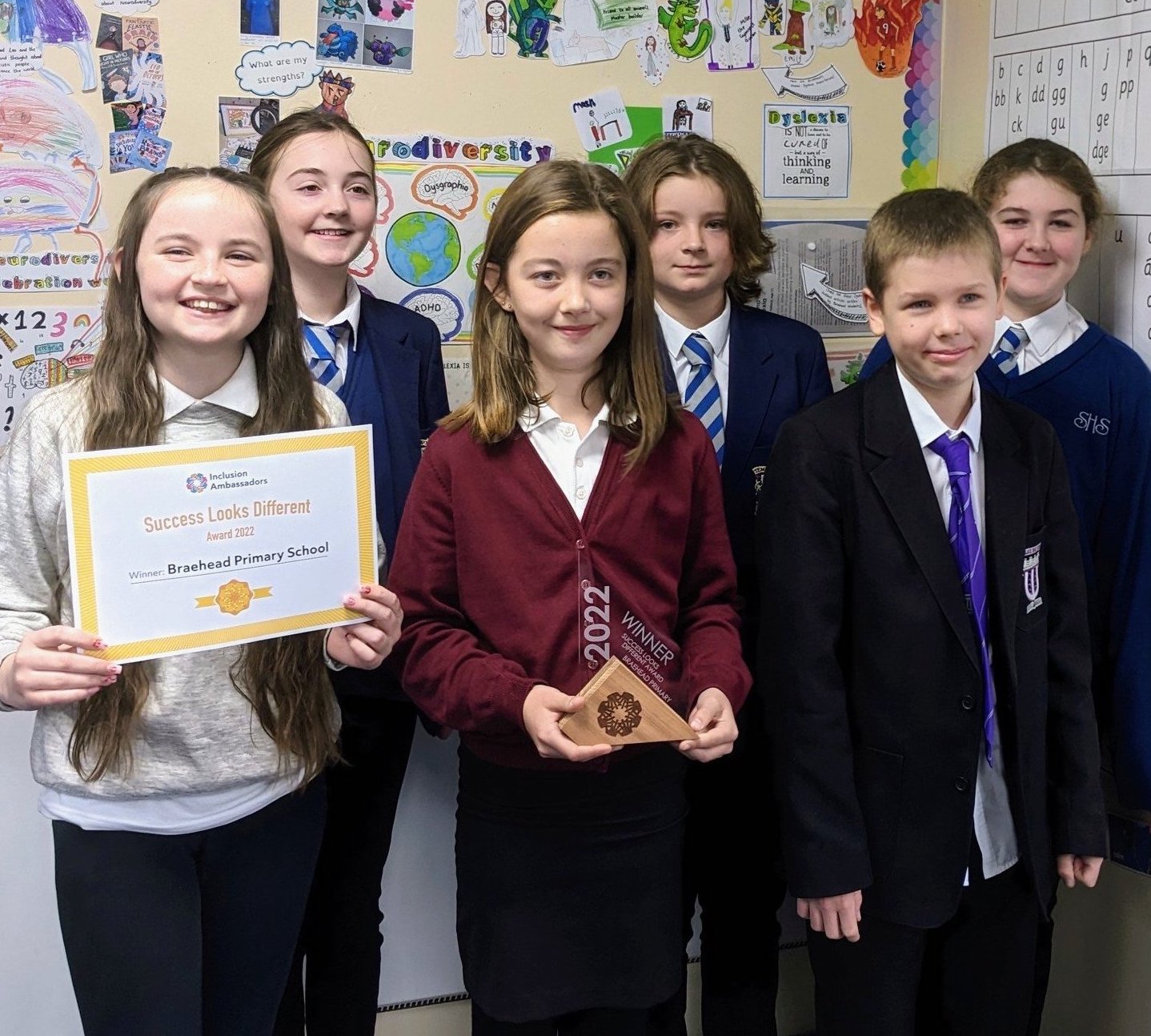
More than Just ABC
Comment: Writing in TFN, Lucy Johnson reflects on the awards and our first ever winners
Click here to read
Case studies
Sharing examples from across our 2022 entries, covering primary, secondary and special schools settings.
Click here to download